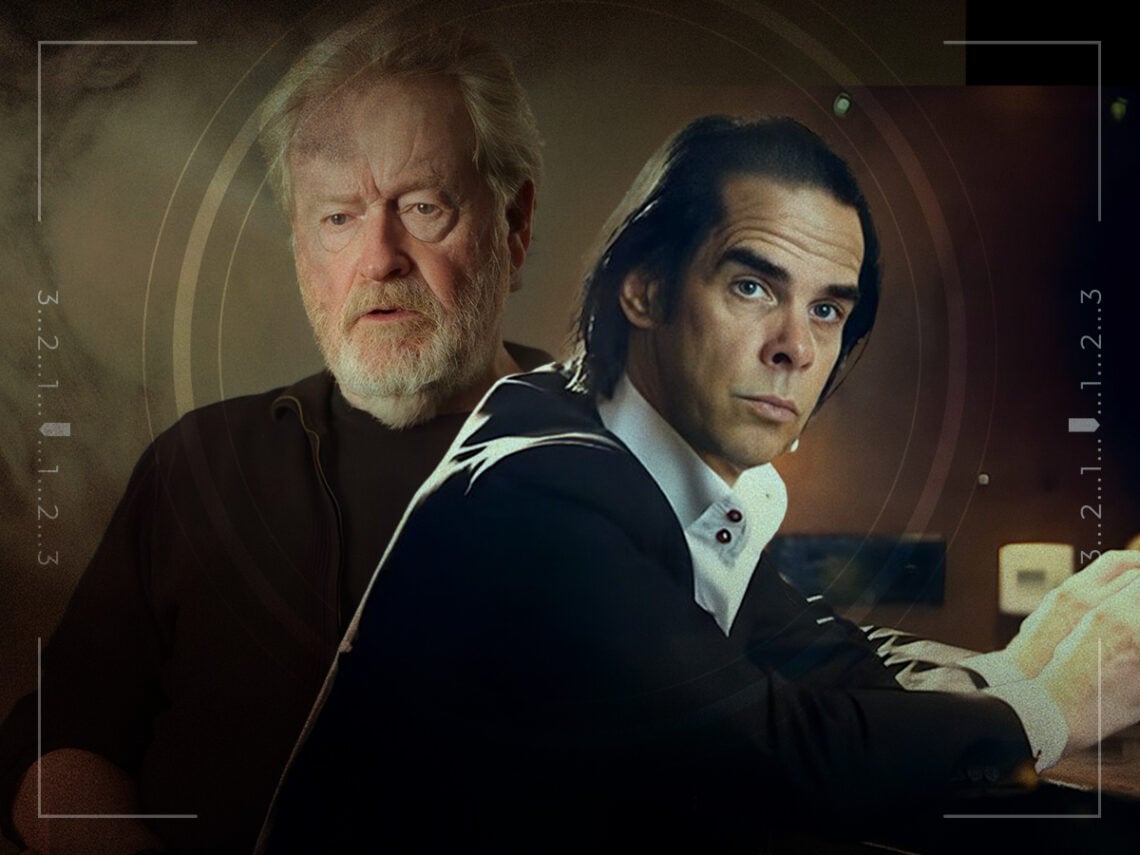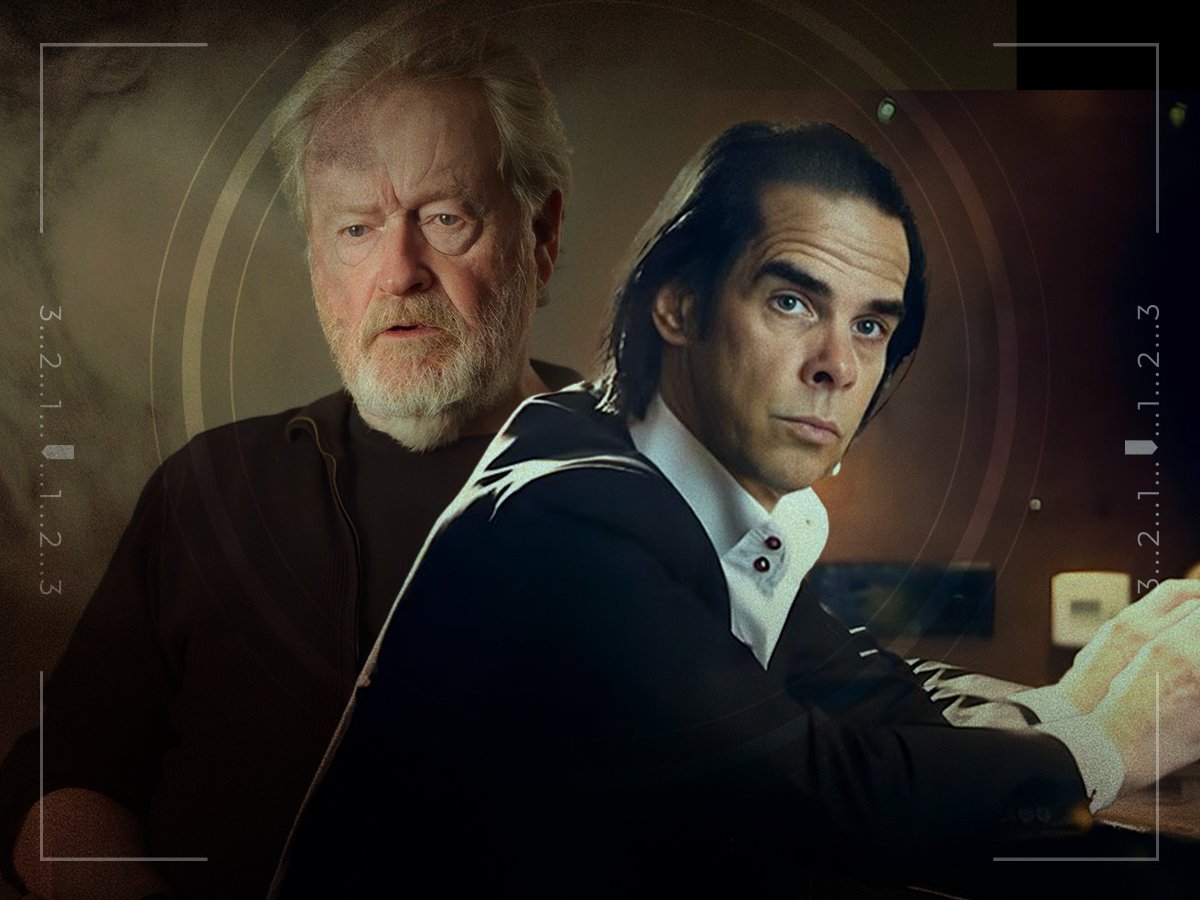
(Credits: Far Out / YouTube Still / Picturehouse Entertainment)
Sat 11 October 2025 7:00, UK
Nick Cave has evolved from a feared punk into a revered rock idol and has countless albums under his belt, but he’s more than just a musician.
Cave’s career is as an Artist, with a capital A. Just like his own hero, Leonard Cohen, Cave adheres to the ethic that to be an artist is to work, and to work constantly, in many different veins. Cohen’s job title was as similarly interchangeable as the folk and rock legend mostly considered himself to simply be a writer, as his songs first started as poems, and novels were his first true calling.
When Cave first emerged as part of The Birthday Party, a group who, for a time, were known as the most violent band in the world, likely no one would have expected him to survive, let alone survive and sit down to write several novels. But he has, and to him, works like The Death of Bunny Munro and And the Ass Saw the Angel are just as essential to his artistic identity as any song he’s ever crafted.
It goes beyond even books. Cave is not just a frontman and a writer; he’s a composer of film scores, a maker of ceramics, and, most notably in this case, a screenplay writer.
Back as early as 1988, he was writing films. His debut, Ghosts… of the Civil Dead, was co-written with John Hillcoat, with whom he would collaborate a few times. In 2012, Hillcoat directed Lawless, which was based on a screenplay from Cave. Then, in 2014, Cave helped co-write his own strange biopic, 20,000 Days On Earth.
But an even bigger opportunity fell into his lap once. After doing the music for The Road, an adaptation of a Cormac McCarthy novel, he got a called from Ridley Scott. “Ridley Scott offered me a rewrite; he owns Blood Meridian,” Cave told The Believer, revealing that the famed direct has the rights to the 1985 historical epic by McCarthy.
However, as a fan of the book, the artist instantly knew it would be a no to the project. “It wasn’t working, the rewrite, so I just sent it back and said, ‘I don’t want to be the guy who fucked it up. You can be the director who fucks up Blood Meridian, but I don’t want to be the writer,’” he said, turning down the offer but leaving Scott to it.
He simply didn’t think it was an adaptable text. “You have to change that story so much in order to make it a palatable Hollywood film, because it’s just kind of linear, it’s just violent, and there’s no trajectory. There’s no dramatic arc or anything like that,” he said, having clearly considered the novel and thought through the possible ways out. But still, as he desired mostly to protect the sanctity of the source literature, he couldn’t find a way to make it work.
“So many compromises would’ve had to have been made to that story to make it a kind of pleasing film,” he said, adding plainly as the reason why he turned Scott down as “I wasn’t prepared to do that.” In the end, even Scott gave up, conceding to the fact that perhaps the tale isn’t one made for the screen.
Related Topics

